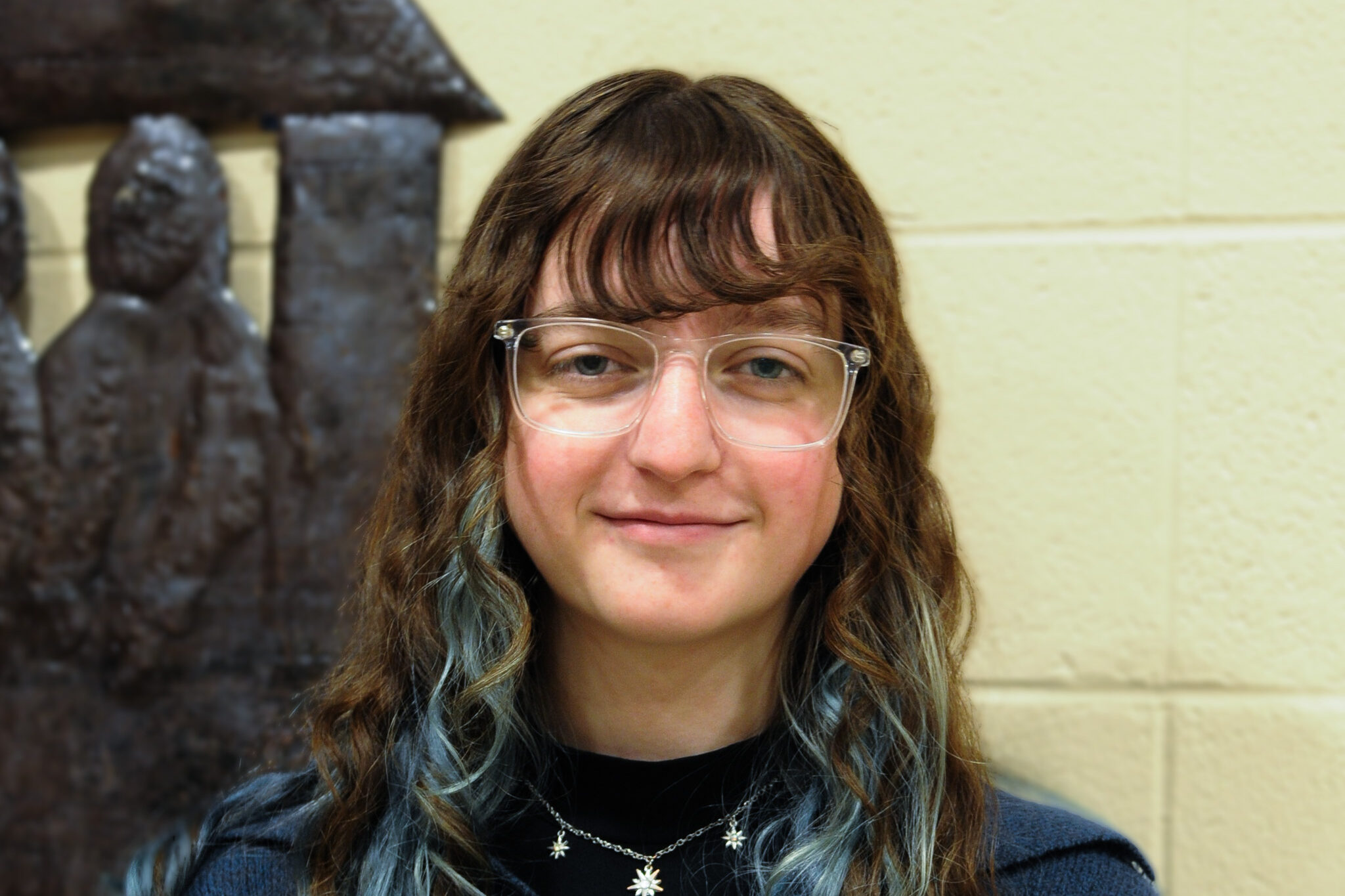One thing I love about Goshen College is our intentionality to be in community with each other. I think this was displayed excellently in the election issue of The Record, as the main message and theme throughout was one of support for each other and unity — noting the particularly divisive time we are living in.
While I believe unity is important, I want to challenge people to think critically about what unity should look like. I acknowledge that the majority of the student body is not Mennonite, but there is still a large Mennonite narrative at GC that I wish to bring into the conversation from my experience growing up Mennonite.Mennonites are not known for their decisive action. At least they haven’t been. I grew up hearing that we should seek to follow the “Jesus way,” or the “third way.” A path that is not defined by one mortal factor or another, but by the love of Jesus.
The problem with this “third way” is that it is too often used as an escape from taking sides, or upsetting people, and in turn overlooks the voices of the marginalized and oppressed. When we’re not careful, unity can be used as a blanket term that refers to a lack of conflict. Unity, like peace, is not as simple as a lack of conflict or violence. Sometimes, it requires divisive action.
This “third way” or “Jesus way” is not void of conflict. We see Jesus over and over in the gospels care for the oppressed and marginalized. He heals the sick, stands up for women and invites the tax collectors to his table. These were people on the margins of society, disregarded and ignored by many, including church leaders. Jesus was a divisive person.
When we stand up for the marginalized and oppressed, when we are loving our neighbor — we are going to be divisive. When we “do justice, love mercy and walk humbly with [our] God” Micah 6:8b, we are going to encounter people who oppose us. For some of us, namely women, LGBTQ+ people, BIPOC and immigrants, that opposition comes not only from our beliefs, but our very identity and existence.
This division between us is not as simple as who we voted for, or where we fall on the political spectrum. For the straight, white and wealthy it might be just an opinion, but for many it is the blatant disrespect and hatred for their very being.
If you come from a place of privilege and your unity involves being a passive witness to your neighbors as they are stripped of their human rights and dignity — that is not unity. Unity can be an aspiration or hope but it is not complicit.
Peace, like unity, I have learned is not passive. Being a pacifist in practice looks like being a peacemaker, not just a peacekeeper, or a bystander to violence.
Active peace and unity include listening to each other. Listening to people with opposing views — to people who challenge your perception of the world. Listening to your best friends, your grandparents, your neighbors. And especially seeking out the voices of the marginalized and oppressed who are often silenced and ignored.
More than unity, we need to be present with one another and ready to stand alongside the least of these. I don’t really know what to expect from a second Trump term, but I don’t expect to sit on the sideline and watch people I love lose their most basic human rights.
This call to unity is a call to action. Let your love for those around you and your empathy for others give you the strength to march onward toward justice. Let your fear drive you to stand strong, especially in the face of criticism and oppression. May there be hope in knowing you don’t stand alone.




